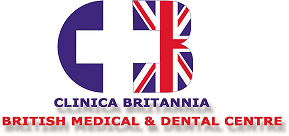Esophagitis is a condition in which the lining of the esophagus, the muscular tube that carries food from the mouth to the stomach, becomes inflamed and irritated. This condition can be caused by various factors, including acid reflux, certain medications, alcohol consumption, and infections.
Symptoms of esophagitis can vary, but common ones include heartburn, chest pain, difficulty swallowing, and a feeling of food being stuck in the throat. In some cases, the condition may cause small tears or ulcers in the esophagus, leading to bleeding and other complications.
Diagnosis of esophagitis is usually done through a combination of medical history, physical examination, and tests such as an endoscopy or barium swallow X-ray. An endoscopy is a procedure in which a thin, flexible tube with a camera is inserted into the esophagus to visualize the inside and identify any inflammation or damage.
Treatment for esophagitis will depend on the underlying cause of the condition. For cases caused by acid reflux, treatment may include lifestyle changes such as avoiding triggers (such as lying down after eating or consuming spicy or fatty foods), elevating the head of the bed, and taking over-the-counter antacids or proton pump inhibitors. If the cause is related to medication, a change in medication may be necessary.
In severe cases of esophagitis, treatment may also involve antibiotics to treat infections or corticosteroids to reduce inflammation. It’s also important to maintain good oral hygiene, as this can help prevent infections that can lead to esophagitis.
In conclusion, esophagitis is a condition that can cause significant discomfort and should be taken seriously. If you experience symptoms such as heartburn, chest pain, or difficulty swallowing, it is important to seek medical attention to determine the underlying cause and receive appropriate treatment. By making changes to your lifestyle and following the advice of your doctor, you can reduce your risk of developing esophagitis and improve your overall health.

